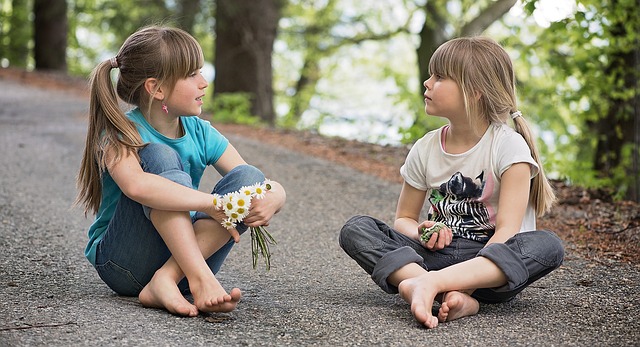3 Strategies to Increase Social Re-Engagement Behaviors in Children
Read the detailed description of Quest's Program Details!
3 Strategies to Increase Social Re-Engagement Behaviors in Children
This month I wanted to focus the newsletter on a concern I hear from many parents and teachers regarding how children with previous social and emotional struggles prior to the start of COVID are continuing to have struggles re-engaging in social environments and completing some tasks that they used to do with ease. I see this taking a variety of forms from refusal to attend school, social events, teams, clubs and activities of daily living such as going to the grocery store or to restaurants and other community places. I also see an increase in anxiety when children with some social and learning difficulties are pushed to do some of these activities that they used to do routinely prior to COVID.
Strategies to Increase Re-Engagement:
- Provide clear expectations regarding social behaviors. It is often critical to provide clear expectations. This can include information such as that attending the event is expected and a non-negotiable. Sometimes letting children know that this expectation is going to stay consistent and won’t change can help kids and minimize daily battles regarding this behavior. Acknowledging children’s emotions related to not wanting to attend something like school can be helpful, while also providing reminders that having emotions doesn’t change the expectation. I also often discuss with children how it is a truth in life that they will always have things that they must do that they would rather not do (and that this is also true for adults). When children talk to me about how they don’t feel like doing something, I acknowledge their feeling, and then help them reframe this to know that in life we will often need to do things we don’t feel like doing, but that we can help ourselves more to rate instead if there are any extra coping strategies or resources they might need in a day to complete or attend what they don’t want to do. (Basically acknowledging the feeling helps to determine if more supports are needed…not to sway attending something such as school, which is a non-negotiable.)
- Don’t assume that children have retained or still know all the skills that they knew prior to COVID if they haven’t been demonstrating these skills recently. Typically children with social and learning difficulties need more practice and repetition to hone skills. This means it can be important to reassess certain skills that go into a certain social event or behavior so that time can be spent re-teaching or practicing skills needed. Often it can be helpful to think of what type of strategies worked well for your child when they were initially learning this skill. For example: if a child is struggling with attending a social event, but will typically feel better after attending and in the past saying positive statements and remembering a time in the past in which this was true for them you might want to employ the same strategy in the current situation. Another example I can think of comes from one of my friends who is a high school teacher that found that this year she needed to spend a lot of time at the beginning of the school year re-teaching basics related to task completion and organization since many of her kids were not demonstrating the necessary skills. Providing this time to re-teach skills and assert expectations dramatically improved this classroom behavior.
- Provide rewards for re-engaging in social behaviors. While we do not want to reward behaviors long-term, providing bonuses in areas in which kids are stuck can be a key tool to boost progress in an area for a child. I have literally seen this work thousands of times at camp in which we have been able to get kids to try something new and push their comfort zone by providing a clear bonus for this effort. I find that typically pairing a bonus with encouragement and support to use coping strategies to manage anxiety is the combination that helps kids a lot in this area. I often see kids whose confidence go way up after they were able to push through anxiety to have success in these areas.
I hope that you have found these strategies helpful. If you are a parent or caregiver who has a child struggling in this area please know that you are in good company and that continued efforts in this area pay off so hang in there.

